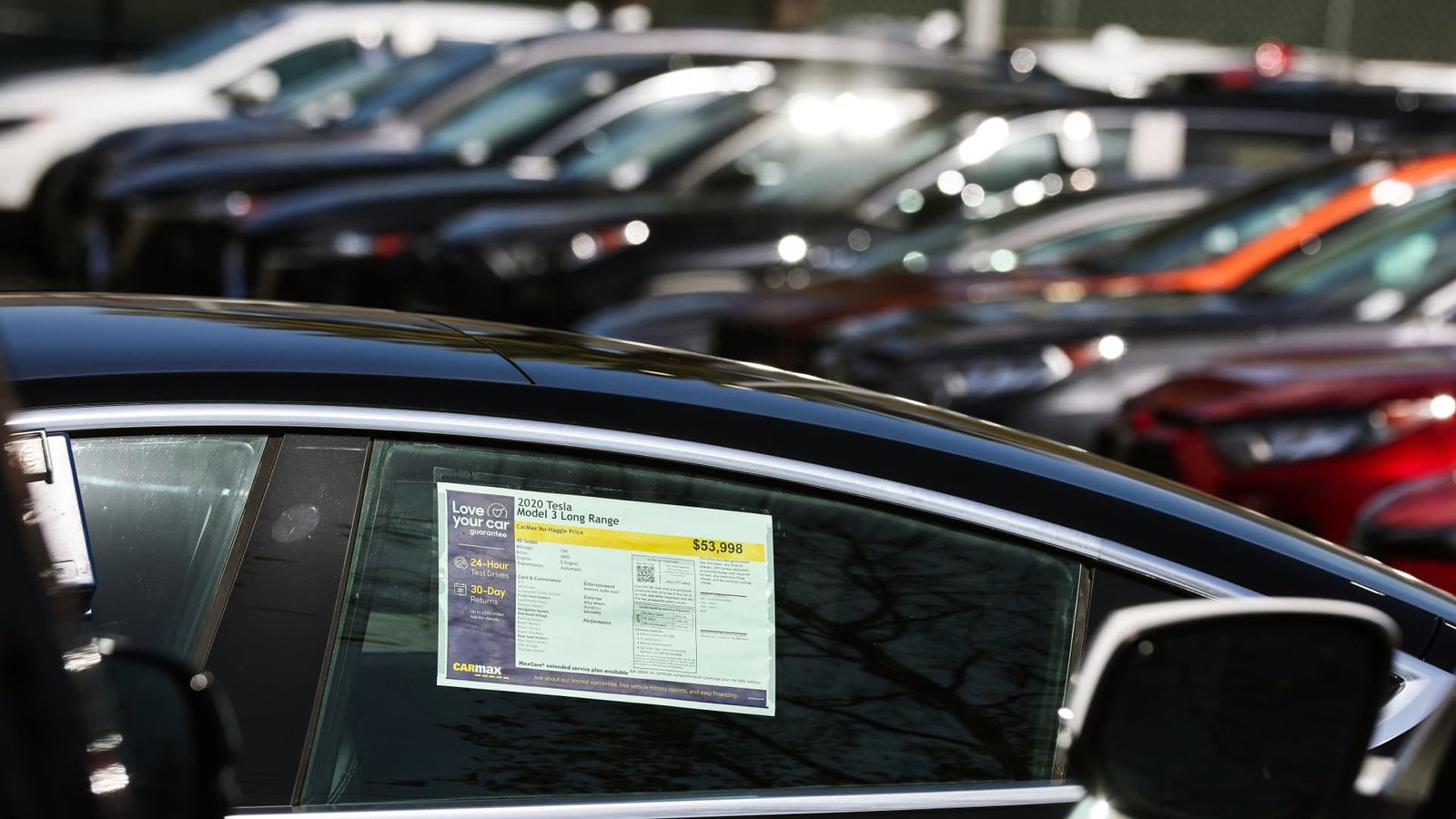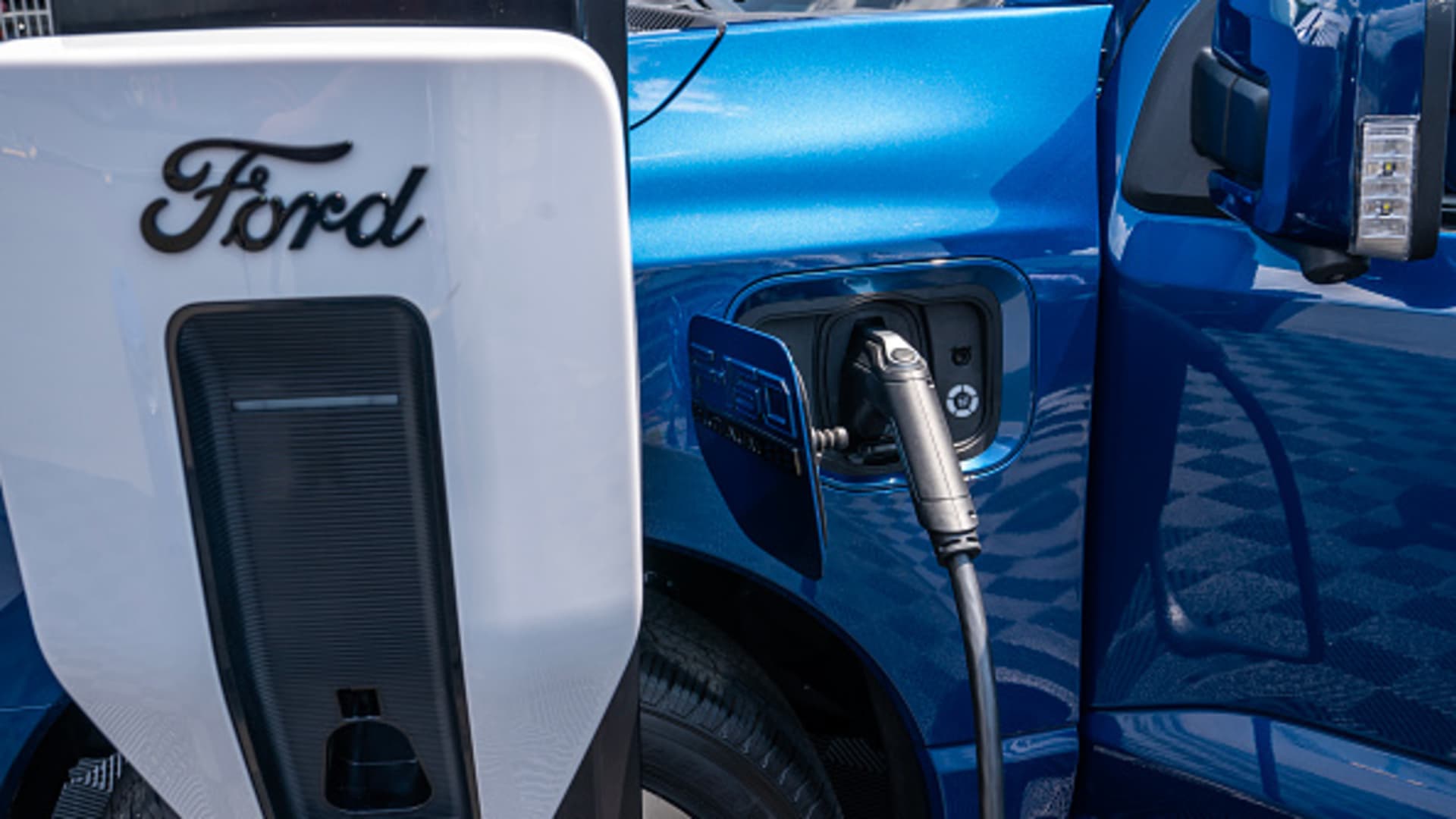American automakers and their non-Chinese counterparts are fighting an existential battle, as local rivals in China outpace them.
Chinese companies flush with government investments and subsidies have leapfrogged the competition in electric vehicle technology and software. U.S. automaker sales have fallen dramatically since their peak a few years ago.
“I don’t want to sound overly dramatic,” said Michael Dunne of Dunne Insights, who has been studying markets in China and other Asian countries for nearly 30 years. “I just want to be realistic when I say that within the next five years, Ford, GM, Hyundai, Kia, Nissan more likely than not will be out of China. They just are no longer competitive with the Chinese.”
GM’s sales in China, including those of joint ventures it maintains in the country, have fallen from a high of 4 million vehicles in 2017 to 2.1 million in 2023. That was lower than U.S. sales of 2.59 million for the first time since 2009.
Equity income from the country — GM’s metric for how much it earns in its second-largest market — fell 34% for the year to $446 million, including a 54% year-over-year decline during the fourth quarter alone.
Several factors have contributed to the decline of U.S. automakers in China.
Chinese automakers learned a lot from the foreign carmakers that were required by a longtime law to partner with them in order to operate in the region. Later, those successful Chinese companies bought foreign brands, including British brands MG and Lotus, and Volvo of Sweden. China-based names — including BYD, in which Berkshire Hathaway owns a stake — also saw a spike in outside investment.
The Chinese market has changed dramatically over the past decade. The concept of a car as a rolling computer or smartphone is a reality in the country. In fact, recent entrants include cellphone makers Xiaomi and Huawei.
That’s precisely why American automakers shouldn’t give up on China despite the U.S. companies’ sales setbacks, according to Bill Russo, a former Chrysler executive who runs Automobility, a consulting firm in Shanghai. These shifts in the past few years are here to stay, he said.
“If you don’t compete in China, then what are you going to do when China shows up in your backyard?” Russo said. “How do you know how to compete with them? You haven’t even tried.”





